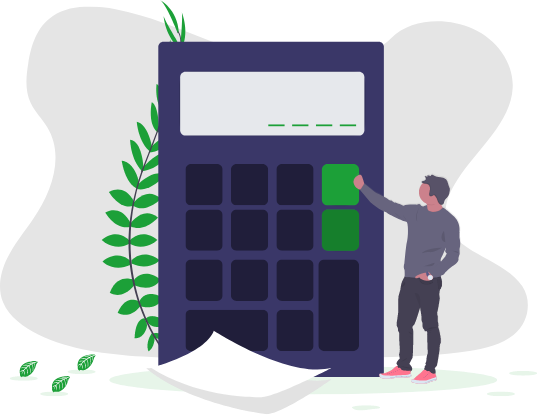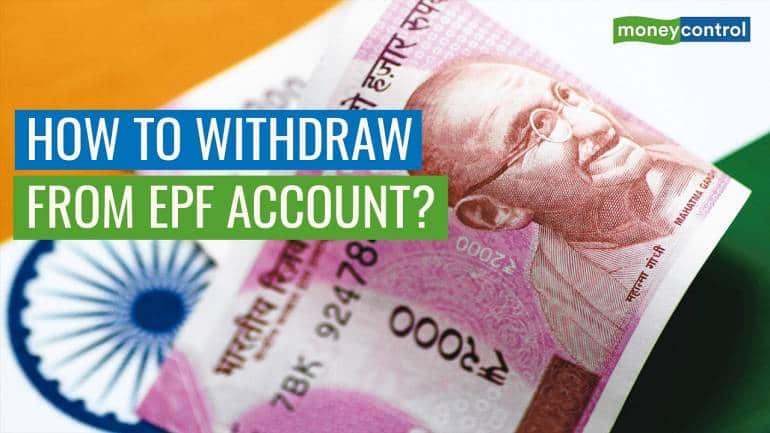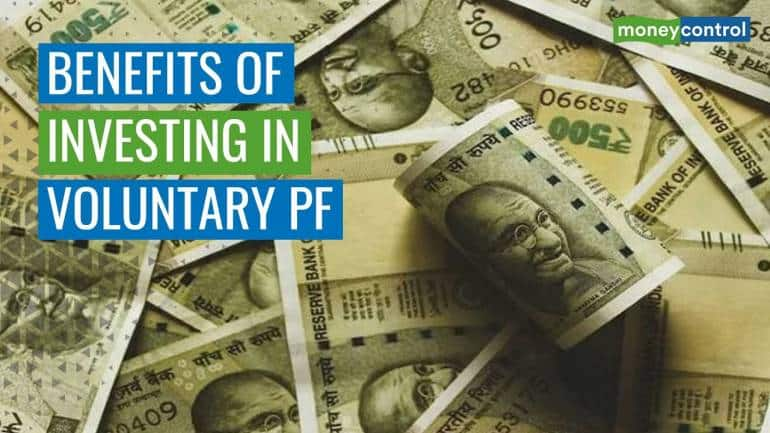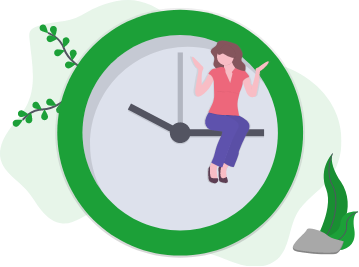What is Employees’ Provident Fund (EPF) scheme?
EPF is a retirement scheme that is compulsory for those with basic salary of under Rs 15,000 and voluntary for others. But employers typically deduct up to 12 percent of your basic pay every month as your contribution to EPF and contribute an equal amount.
What are the benefits of being an EPF subscriber?
It promotes compulsory savings for your retirement. The rate of return is among the best in relation to other debt instruments and it’s tax-free.
How is the interest rate decided?
The EPFO board of trustees under the Ministry of Labour decides the rate of interest, which is approved by the Finance Ministry, every year. For the financial year 2019-20, the interest rate was 8.5 percent.
What tax benefits does the EPF scheme offer?
Your EPF contributions earn you a Section 80C tax deduction benefit, up to a limit of Rs 1.5 lakh. The interest you earn as well as maturity proceeds are tax-exempt.
Am I allowed to make withdrawals before retirement if the need arises?
Yes, if you need the money to purchase or construct a house, to repay a home loan, in case you or your family members suffer from any critical illness, to fund your marriage or that of your children or siblings or even for your children’s higher education, subject to certain conditions.
Can the funds be withdrawn in case of job loss?
Yes. If you remain unemployed for more than two months, you can withdraw your entire EPF balance.
























